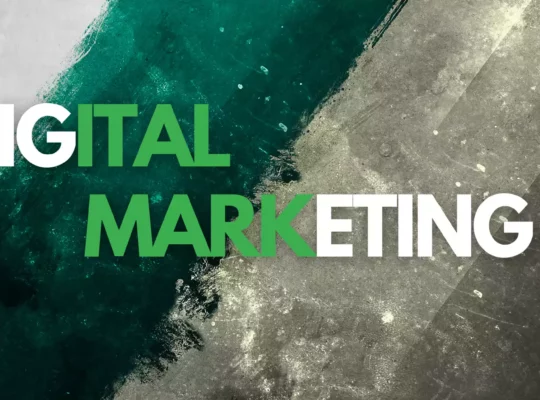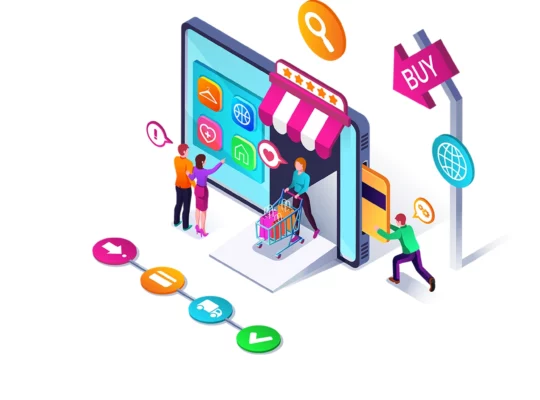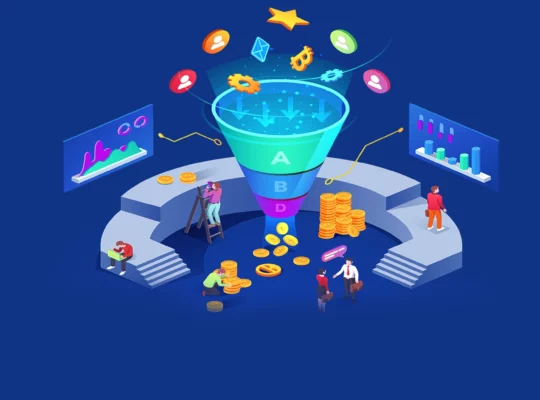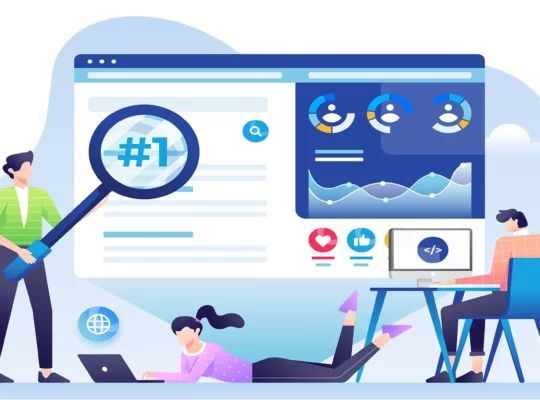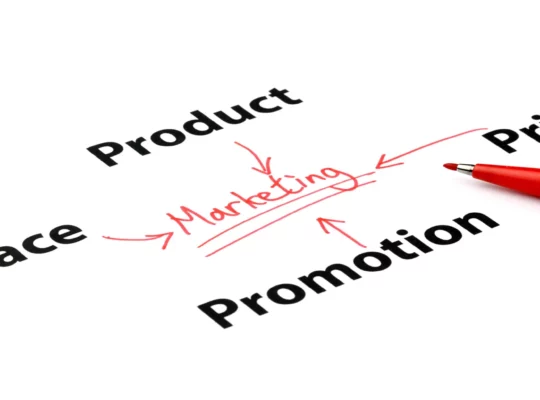Attention entrepreneurs and the digital marketing curious! Have you heard of “leads” but still don’t know how they can propel your marketing strategy to success? Don’t worry, you’re in the right place. In this article, we’re going to unravel the mystery behind this key term and why it’s critical to your business in the fast-paced digital world.
In a landscape where consumer habits are constantly evolving, understanding what leads are and their role in your digital strategy is more crucial than ever. Are you ready to discover how to turn them into your most powerful allies?
Dive in with us. Don’t get left behind in this race to success, join us and discover the power of leads in the digital marketing universe!
What are Leads in Marketing?
Marketing leads are individuals who show active interest in a company’s products or services, manifesting it through various actions such as visits to the website, landing page, participation in dynamics, content downloads, among others. By providing their contact information, they open the door to establish an ongoing relationship with the brand, with the ultimate goal of becoming loyal customers.
Why Are Leads Important In Marketing?
Marketing leads are crucial to the success of any business in the digital sphere, representing valuable opportunities for growth and sales. Effectively managing these opportunities is essential for significant results in digital marketing, as each lead generated becomes a real possibility for sales and, potentially, a brand advocate.
The constant generation of leads offers a number of important advantages for companies:
- Increased productivity: The focus on attracting and converting leads contributes to business growth, generating satisfactory results.
- Exclusivity: The leads generated are exclusive and are not shared with other companies, which increases their effectiveness and relevance.
- Acceleration of sales time: Reducing the time needed to close a sale results in greater efficiency and profitability for the business.
- Increased conversion rate: By targeting people previously interested in products or services, the chances of conversion are higher, which boosts the effectiveness of marketing strategies.
To learn more about what we mean by the term “conversion” we invite you to read our article: “Conversions in Digital Marketing: What Every Entrepreneur Wants to Gain”.

Types of Leads
It is essential to recognize the diversity among leads, as some may not be ready to buy immediately, while others are closer to making a decision. These groups require different approaches to nurture them properly and convert them into customers at the right time.
To understand lead behavior in marketing and drive them to purchase your product or service, you must first get to know them and understand their characteristics. So let’s divide them into two groups:
- Outbound Leads: These refer to potential customers that you reach directly through strategies such as email marketing. These leads do not know your brand and need to be convinced of the need to know you.
- Inbound Leads: These are those who show initial interest in your brand and may arrive through various actions, such as visiting your website, interacting on social networks or downloading content. These leads have already shown trust in your brand and are close to making their first purchase.
Another way to classify leads in marketing is through the possibility they have to become customers of the company, what we would call qualified leads. Take a look at the three types that exist:
- Information Qualified Lead (IQL): these are leads who are looking for more information about your company and are not yet familiar with your offering. They need to be nurtured to move towards the buying process and become qualified leads.
To nurture them, it is advisable to educate the lead about your company, product or service through informative and educational content; establish regular communication to maintain their interest and answer their questions; provide testimonials from satisfied customers and success stories to build trust in your offer.
- Marketing Qualified Lead (MQL): These are contacts interested in your products or services, but not yet ready to buy. They require continuous nurturing with valuable content to become SQL.
You need to provide them with relevant and educational content to strengthen their interest; offer product demos or testimonials to show the value of your solution and establish personalized communication to address their specific questions and concerns.

- Sales Qualified Lead (SQL): These leads show a clear interest in acquiring a product or service and are ready to have contact with your company. They are the most ready to become customers and should be treated by the sales team.
It is advisable to offer them free samples or discounts to encourage the purchase; provide detailed information on prices, features and purchase options; facilitate the process and offer excellent customer service to close the sale.
Conclusion
In short, leads are the engine of digital marketing, representing real business opportunities. From those showing initial interest to those ready to become customers, each type of lead requires a specific approach to nurture them properly.
That’s why at DISSAU we encourage you to master these strategies and tools. With marketing automation, you will be able to manage your leads efficiently, turning them into real customers and generating growth for your company.
Don’t waste any more time.
Boost your success with Leads in Digital Marketing!
Contact us today and find out how we can help you optimize your strategy to take your business to the next level!




